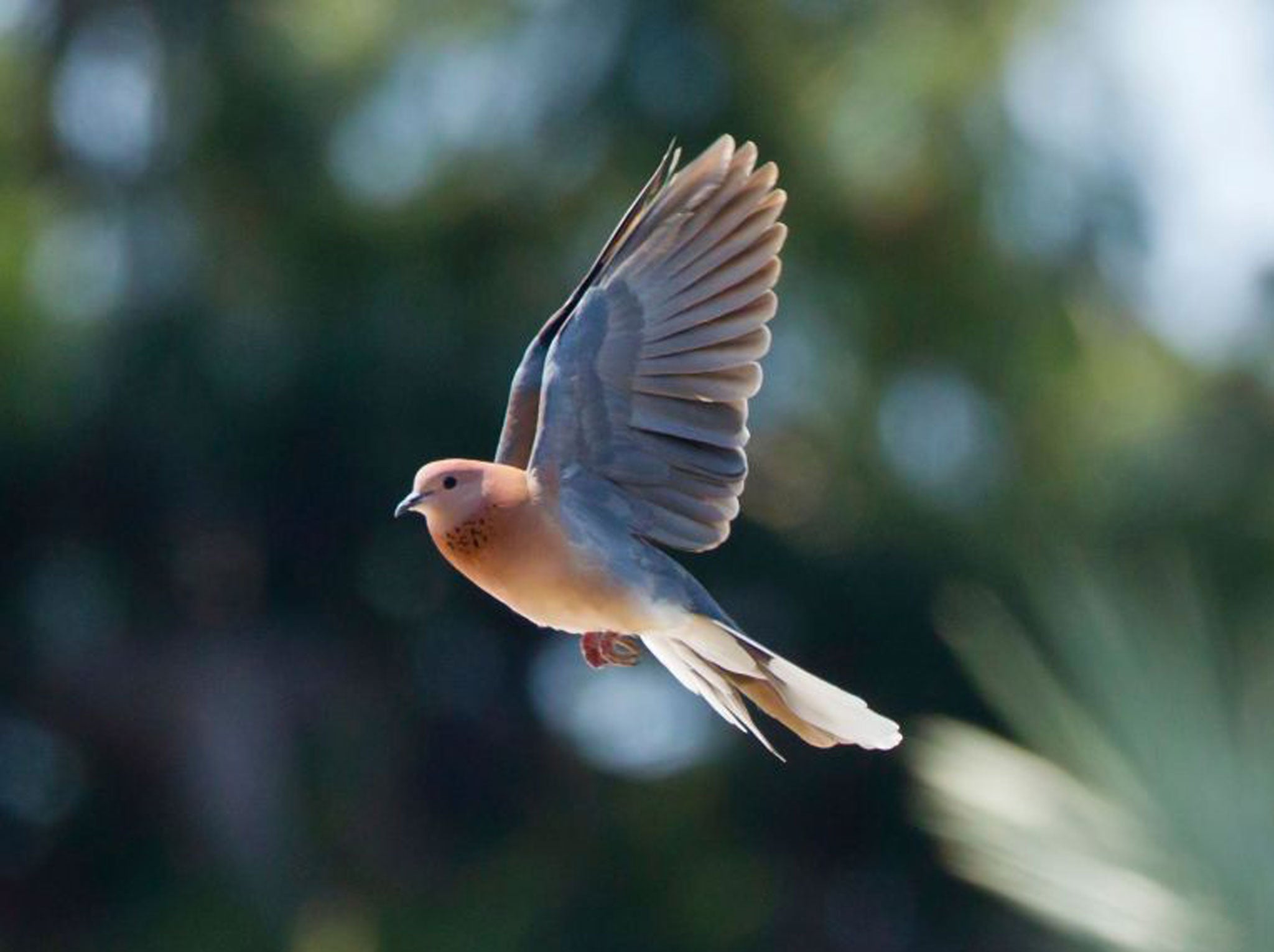Nature Studies: In the turmoil of Jerusalem who would have suspected this tiny oasis?
The tranquil Jerusalem Bird Observatory is is bang in the middle of one of the world’s great bird-migration route and has recorded more than 200 species

The Jerusalem Bird Observatory is by no means easy to find: it is down an anonymous lane behind the car park of the Knesset, the Israeli parliament. It is a tiny urban oasis – basically just a pond, surrounded by olives and tamarisk trees – yet it has recorded more than 200 bird species in the 20 years of its existence.
The reason is that Jerusalem is bang in the middle of one of the world’s great bird-migration routes, the Great Rift Valley, that mammoth trench which starts in Syria and ends in Central Africa. Twice yearly, millions of birds crossing between Europe and Africa are funnelled up and down this flyway at the eastern end of the Mediterranean, just as, at the Med’s western end, millions more are funnelled across the Straits of Gibraltar. The Great Rift itself runs down the Jordan Valley 20 miles to the east, but many of the migrants prefer to travel along the cooler ridge of the Judaean hills, with Jerusalem, 2,500ft up, right on its edge. As they cross the city they spot the green island in an urban sea which the Bird Observatory represents, and drop in to refuel. (Something similar happens with New York’s Central Park.)
When I was there last week, spring migration was long gone and autumn migration still a long way off, so there was no spectacular “fall” of exhausted travelling songbirds, but I still appreciated the resident species I saw. In fact, it was only when I had left Israel that I realised how deeply I had enjoyed the experience.
For Jerusalem overwhelms you. In the Old City, sacred to all three Abrahamical religions, Jews, Christians and Muslims, history and tradition are overpowering, as are the assaults on the senses: the sunlight flashing on copper coffee pots, an Arab flute being played somewhere, the bewildering mix of languages, the smells of cumin and cardamom and coriander.
But the politics is the most overpowering phenomenon of all, and the anguish of two hostile peoples struggling for one land is never more than a glance away. It’s seen above all now in The Wall, the 25ft-high separation barrier the Israelis have built between their citizens and the Palestinians of the West Bank, and whether or not you agree with the argument for it – that the Arab suicide bombings of the Second Intifada became an intolerable burden on Israeli civil society – there is no doubt that it now appears, snaking over the hills, as something monstrous.
It reinforces the ominous sense that this conflict is intractable; and so to drop down into the Jerusalem Bird Observatory and encounter the natural world again, after five days of being overwhelmed by tourist and political Israel, was suddenly a blessed relief, not least to hear the Israeli warden, Alena Kacal, saying: “People leave their religious and political differences at the gate. We’re here for nature.”
It’s a terrific place, despite its teeny size. Mainly, it’s a thrilling focus for wildlife in the heart of a metropolis, with great birds appearing, from the Smyrna kingfisher to the Syrian woodpecker. I watched from the hide with Alena and saw a couple of things you’ll never see in Britain, such as the graceful warbler and the yellow-vented bulbul, and the species I think of as the Jerusalem bird par excellence, the palm dove, which has a lovely call, an atmospheric cooing which goes, woop-woop-hoo-hoo-hoo: a supremely soothing sound.
But even more than a wildlife showcase, the Jerusalem Bird Observatory, I realised later, is a place of escape; for listening to the palm dove there, you can almost forget your fear, if only for half an hour, that the quarrel outside the gate is one that does not admit of solution.
Join our commenting forum
Join thought-provoking conversations, follow other Independent readers and see their replies
Comments
Bookmark popover
Removed from bookmarks